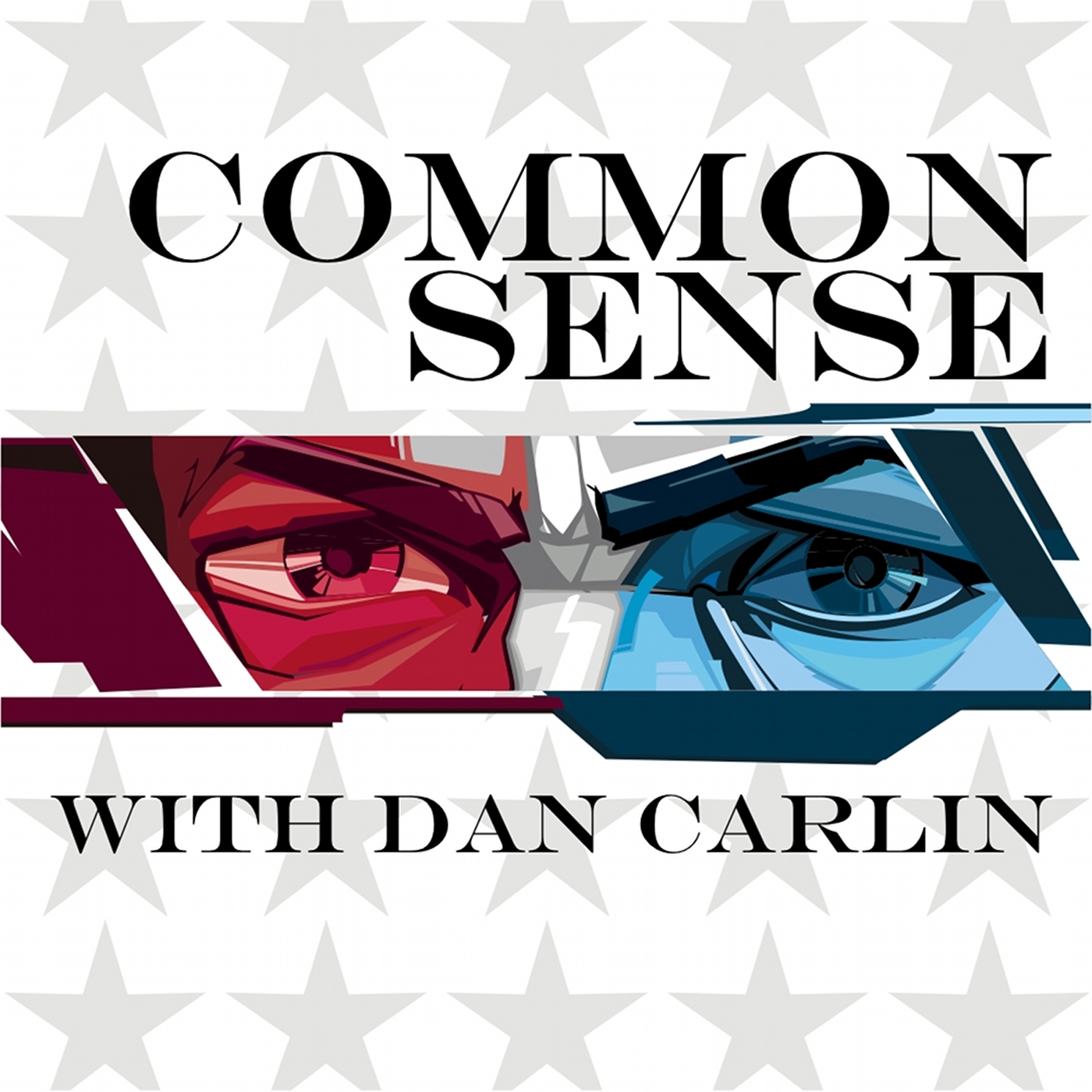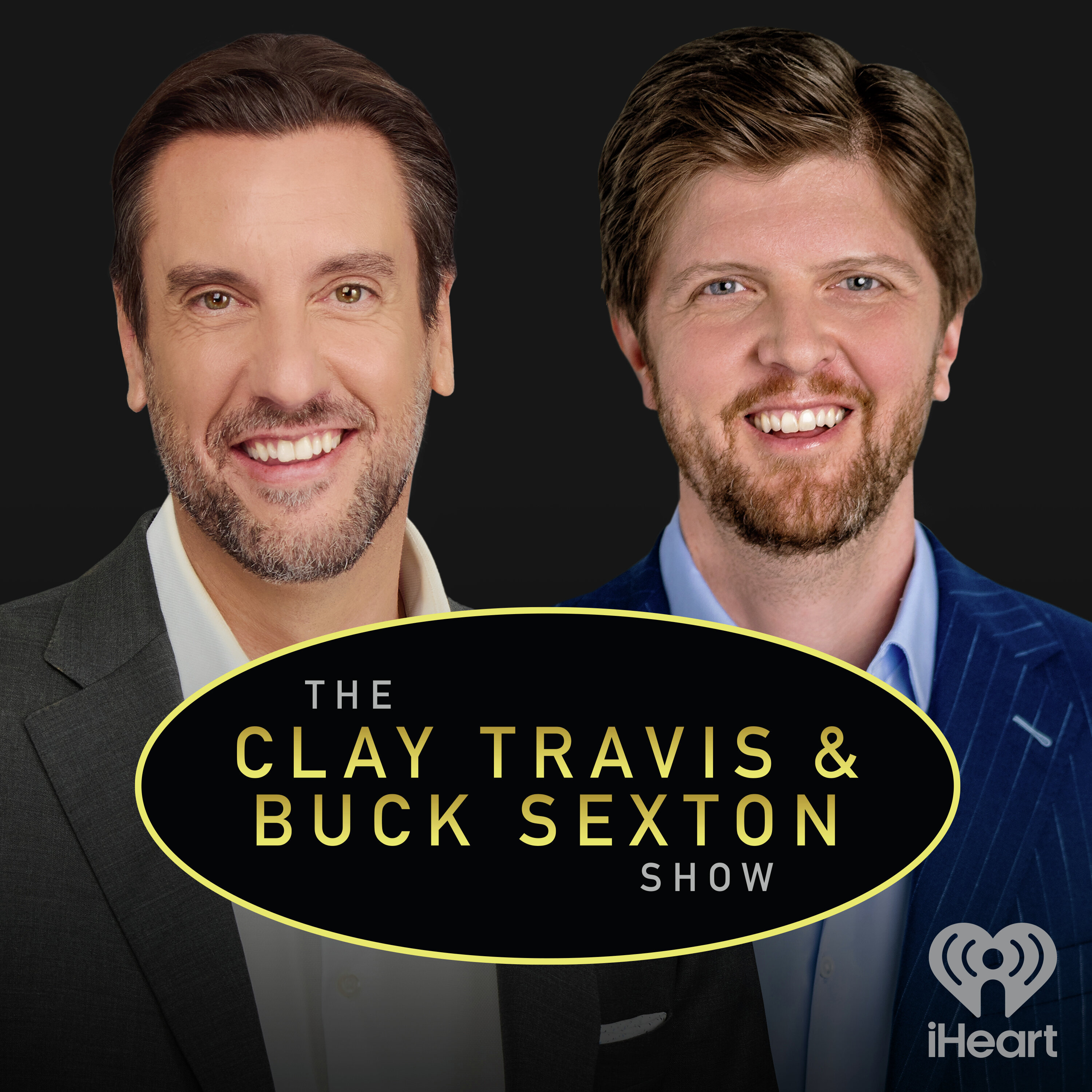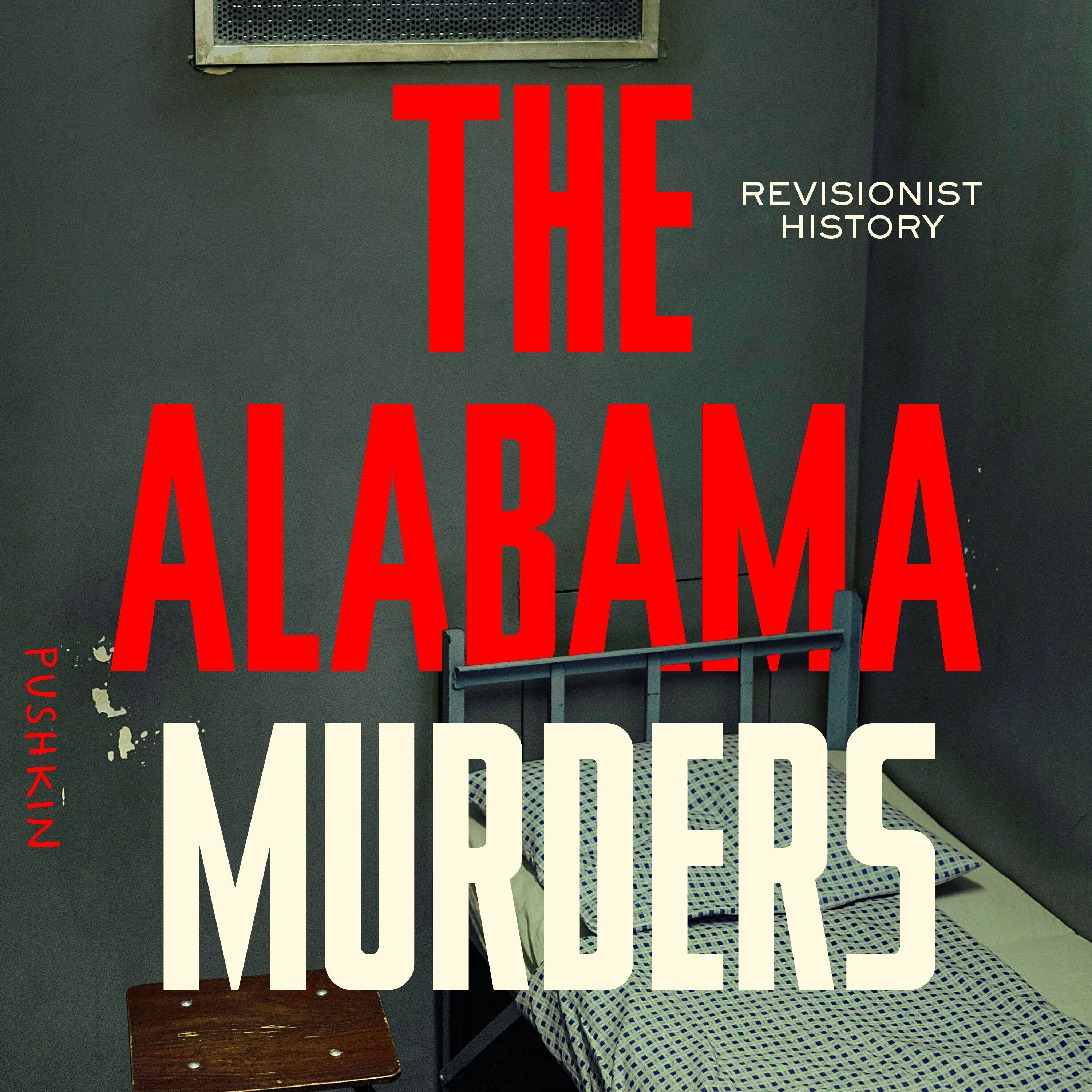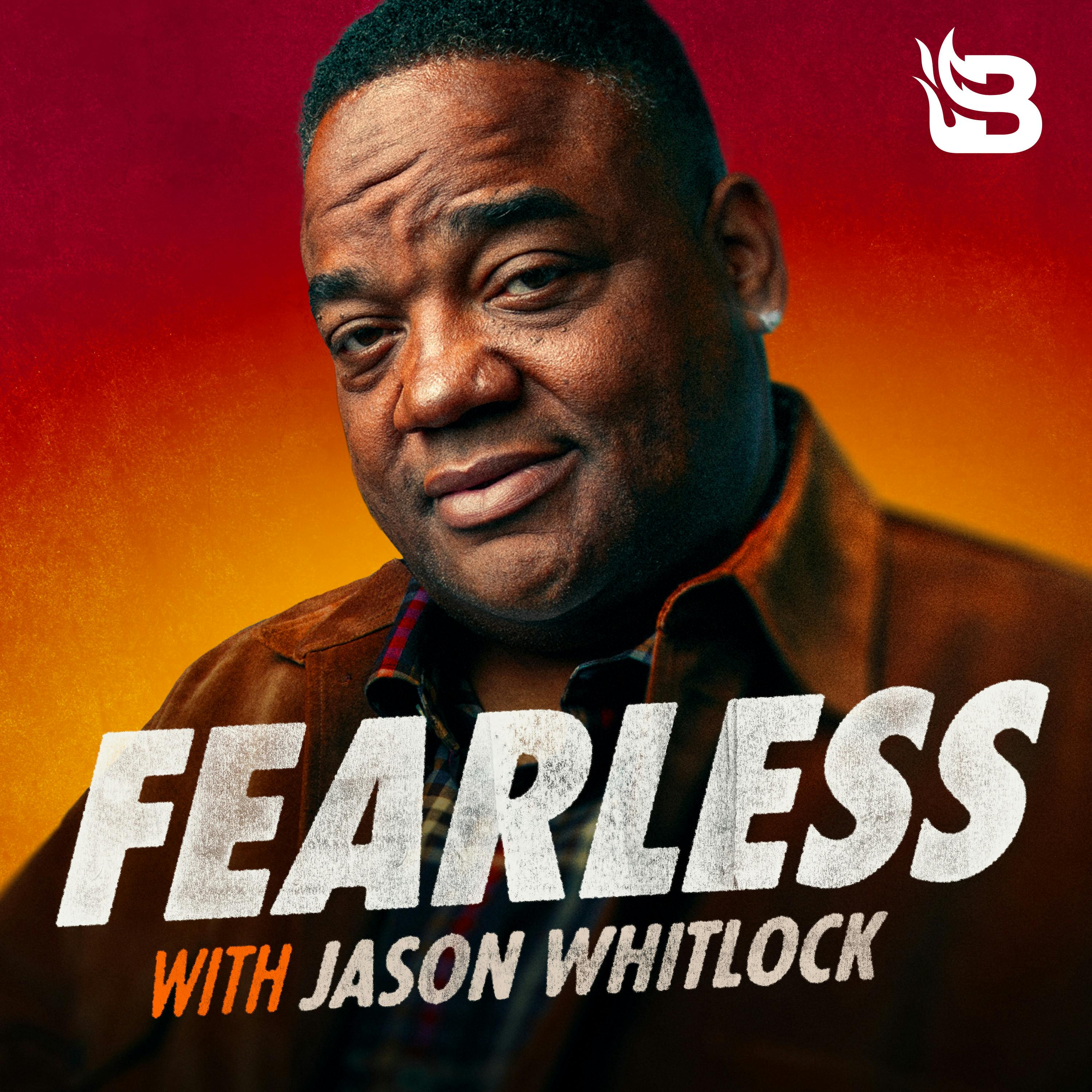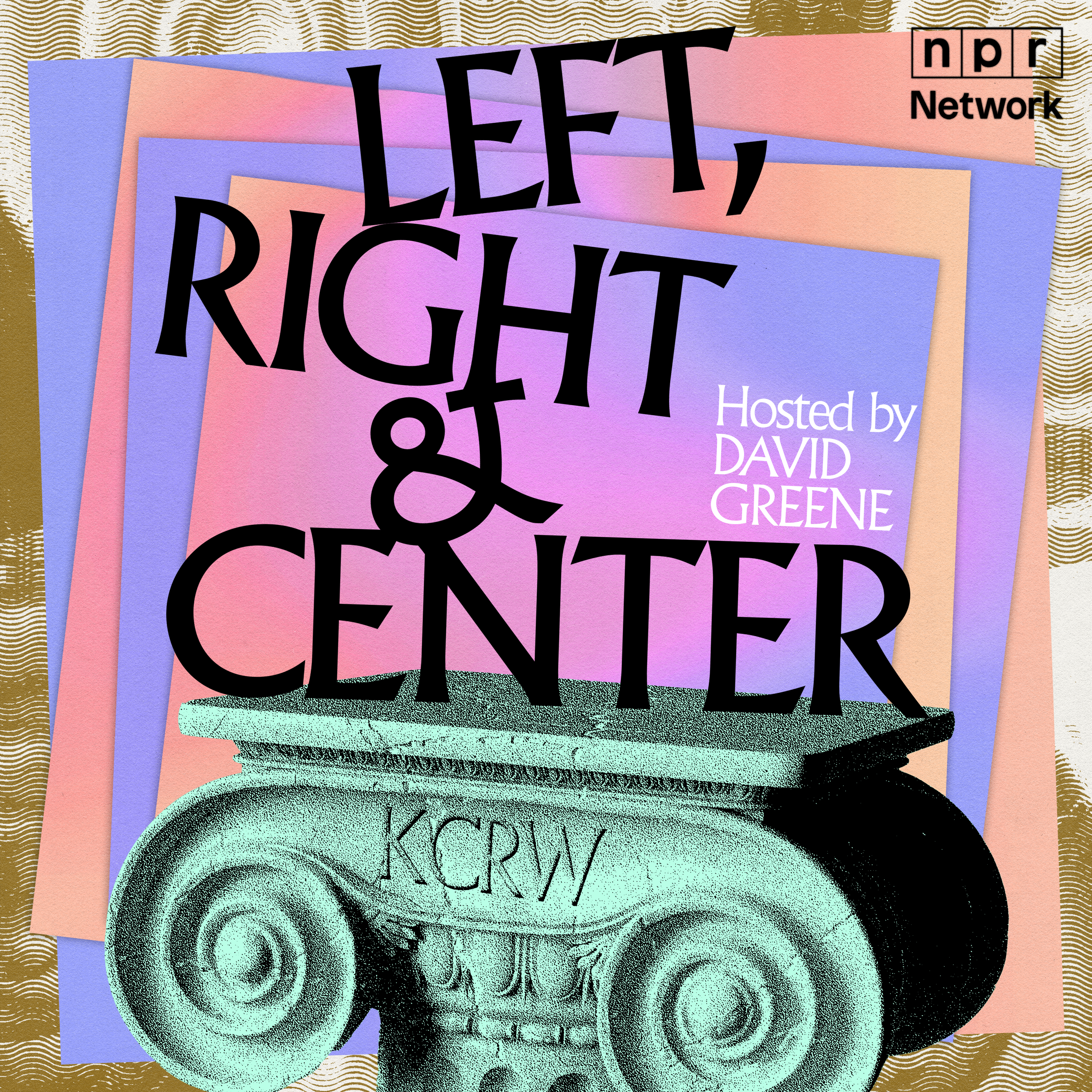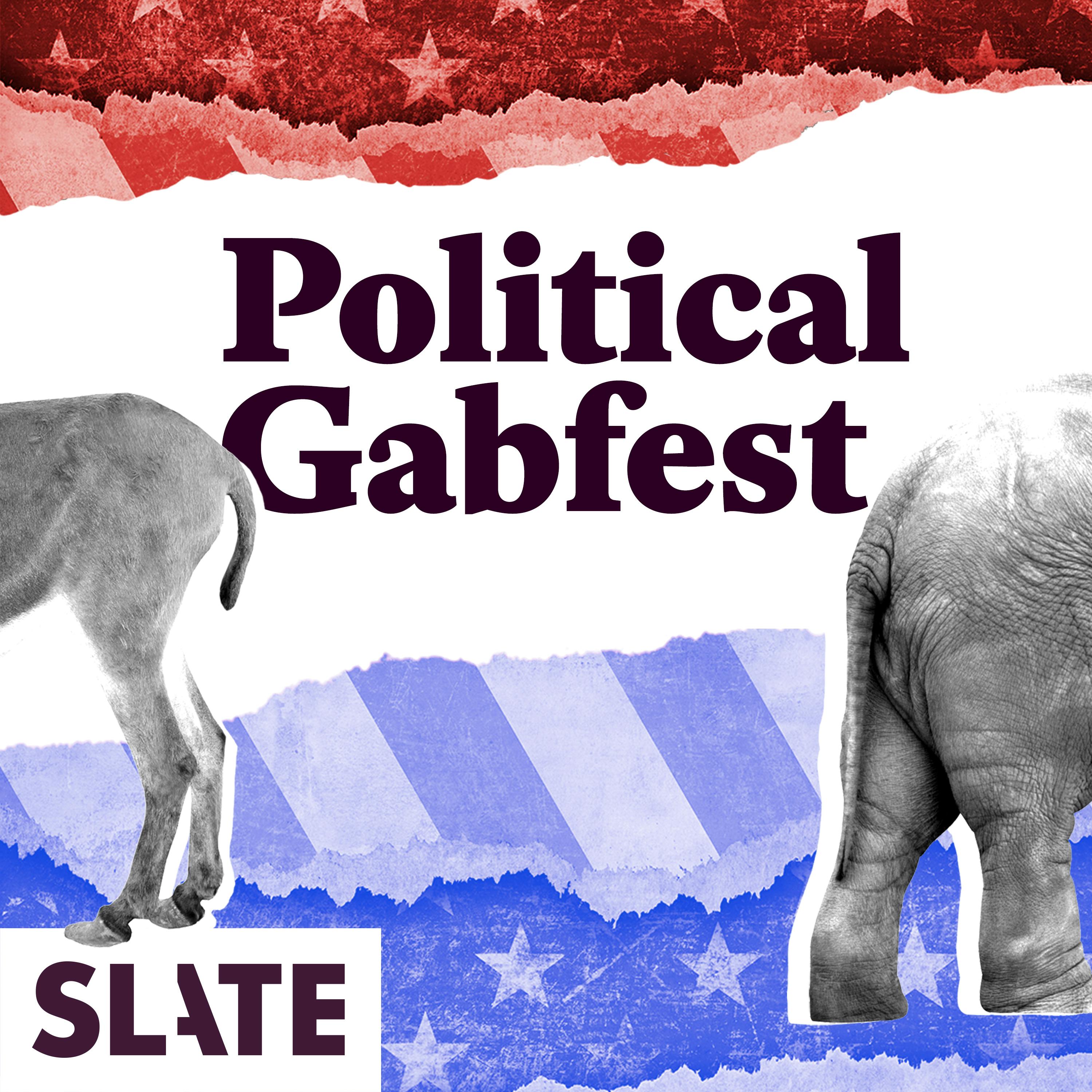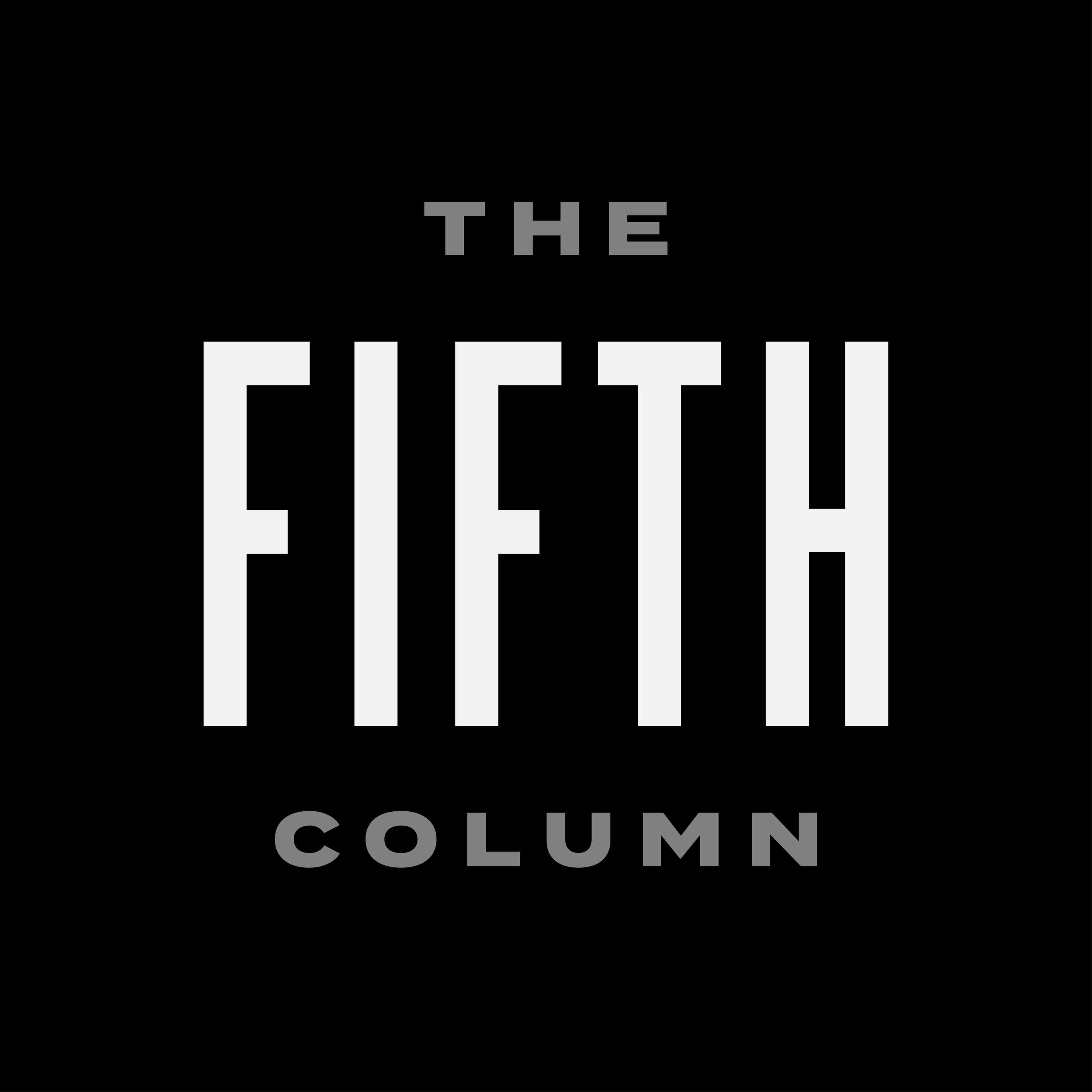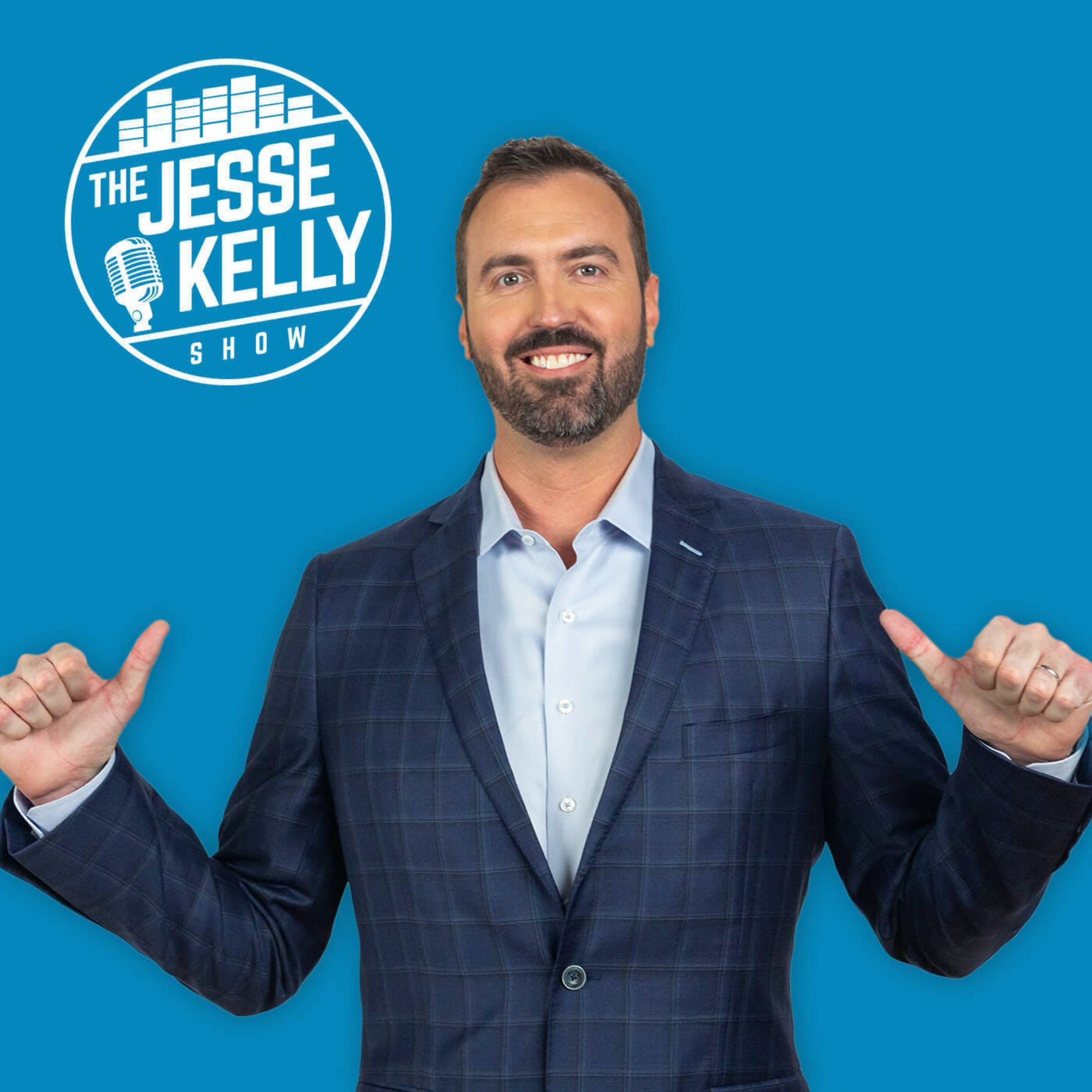
Think First with Jim Detjen
Think First is a short-form podcast that makes you pause — before you scroll, share, or believe the headline.
Hosted by Jim Detjen, a guy who’s been gaslit enough to start a podcast about it, Think First dives into modern narratives, media manipulation, and cultural BS — all through the lens of gaslighting and poetic truth.
Some episodes are two minutes. Some are ten. It depends on the story — and the energy drink situation.
No rants. No lectures. Just sharp questions, quick insights, and the occasional laugh to keep things sane.
Whether you’re dodging spin in the news, politics, or that “trust me, bro” post in your feed… take a breath. Think first.
Visit Gaslight360.com/clarity to sharpen your BS filter and explore the 6-step clarity framework.
Think First with Jim Detjen
The Federal Reserve · It’s Not Federal. And It Has No Reserve.
It controls your mortgage rate, your grocery bill, and the value of your paycheck — but it’s not even part of the government. In this episode of Think First, we unravel the strange origin of the Federal Reserve, the poetic truths that keep it alive, and the gaslighting that makes you think it’s there to protect you. From Andrew Jackson to JFK to Ron Paul, history is full of warning signs… and yet here we are. Follow the money — and spot the lie.
Stay sharp. Stay skeptical. #SpotTheGaslight
Read and reflect at Gaslight360.com/clarity
This is Think First, where we don't follow the script. We question it Because, in a world full of poetic truths and professional gaslighting, someone's got to say the quiet part out loud. Let's start with a simple question what if one of the most powerful institutions in America wasn't actually part of the most powerful institutions in America, wasn't actually part of the government, and what if its name was designed to make you think it was? Because that's exactly what we've got with the Federal Reserve. It sounds official, patriotic, even kind of like Federal Express, but with slightly more power to tank the economy. So today we're going there to tank the economy. So today we're going there. Who really controls the dollar? Why do most Americans think the Fed is part of the federal government when it's not? And if the economy is too complex for regular people to understand, why do the people running it keep getting it so spectacularly wrong? And why do so many presidents across both parties end up at war with it? And why do so many presidents across both parties end up at war with it? Let's rewind.
Speaker 1:The Federal Reserve was created in 1913 through the Federal Reserve Act, sold to the public as a safeguard, a protector of financial stability. But even back then not everyone was buying it. President Andrew Jackson, who famously shut down the Second Bank of the United States in the 1830s, once called central banking a hydra-headed monster. He even made it the centerpiece of his campaign, vowing to kill the bank. And he did. In his words the bank is trying to kill me, but I will kill it. For a while, america had no central bank. Then came 1913, and the monster got a new head.
Speaker 1:Fast forward to 1963. President John F Kennedy signed Executive Order 11110, which many believe was a direct attempt to reduce the Federal Reserve's power. It authorized the Treasury to issue silver-backed certificates, essentially giving the US government the ability to bypass the Fed when issuing currency. A few months later, kennedy was assassinated. Now, to be clear, we're not saying the Fed had anything to do with it, but we are saying that every time a president messes with central banking power, something odd seems to follow.
Speaker 1:Here's the poetic truth we're sold today. The Fed is neutral, apolitical. It exists to keep the economy on track. But if you follow the trail, the data, the history and the outcomes, you see something very different. The Fed sets interest rates, controls the money supply and props up Wall Street, all while pretending to be a referee, and every time inflation spikes, housing collapses or bubbles burst, the narrative shifts Suddenly. It's your fault. You wanted a raise, you bought a house, you took out a loan. Now it's time to tighten.
Speaker 1:Enter Ron Paul, former congressman and presidential candidate. For decades he's been warning America about central banking overreach. His rallying cry end the Fed. And while media wrote him off as fringe, his supporters kept receipts. From backdoor bailouts to quantitative easing, to unelected power brokers manipulating global markets. The receipts keep piling up. What once sounded like conspiracy now feels more like documentary.
Speaker 1:At this point, calling the Fed independent is like calling a Vegas casino impartial. Sure, they'll give you chips, but you're not walking out richer. Let's get blunt the Federal Reserve isn't a branch of government. It's a private banking cartel that regulates itself with no direct accountability to the people and no transparency. Unless Congress throws a tantrum. Even then, good luck prying open those ledgers. And yet this unelected board determines what your mortgage will cost, what your savings are worth and whether your family can afford groceries, what your savings are worth and whether your family can afford groceries.
Speaker 1:The truth is, the Fed isn't federal and it has no reserve. It's a brand, a construct, an institution built to project confidence, even when it's failing. When banks collapse, the Fed steps in, but when prices skyrocket, wages stagnate and savings evaporate, you're on your own. It's not a central bank, it's a central narrative. This is gaslighting on a national scale, we're told. We need the Fed to survive, when it's quietly helped engineer the very crises it claims to solve. We're told inflation is normal, debt is good and money is just numbers on a screen. And if you question that you're not serious, you're uninformed or, worse, libertarian. But maybe, just maybe, you're right to question it. Maybe the dollar isn't backed by gold or silver or anything. Maybe it's backed by belief in a system, in a story, in a name, and maybe that story needs a rewrite. You don't need all the answers, but you should question the ones you're handed. This was Think First. Until next time, stay skeptical, stay curious and always think first.






